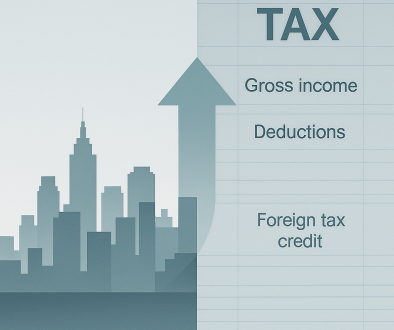The European Parliament’s decision to approve the new EU Copyright Directive on 26 March 2019 saw huge protests and demonstrations against this directive. The main focus of these protests was Article 17, the so called “Upload Filter”, which aims to force tech giants like Google, YouTube, Facebook etc. to change their current upload system to include a new upload filter, and make every content uploaded to their site go through this filter. Those who oppose this directive claim that this new upload filter system will end the modern Internet as we know it. On the other hand, European Parliament is aiming to make a fairer remuneration to the copyright owners and change the status quo. The European Parliament’s justification regarding the Directive is as below:
“Currently, internet companies have little incentive to sign fair licensing agreements with rights holders, because they are not considered liable for the content that their users upload. They are only obliged to remove infringing content when a rights holder asks them to do so. However, this is cumbersome for rights holders and does not guarantee them a fair revenue. Making internet companies liable will enhance rights holders’ chances (notably musicians, performers and script authors, as well as news publishers and journalists) to secure fair licensing agreements, thereby obtaining fairer remuneration for the use of their works exploited digitally.”
Although tech giants might create their own Upload Filter, as they have more than enough resources to do so, the new directive will mostly hit the smaller platforms. The cost of deploying such a filter will not only solidify the tech giants place in the market, it will also make it harder for smaller platforms to penetrate this already monopolized market.
Another controversial article of the Directive is Article 15, also referred as the “Link Tax Article”. According to this Article 15, publishers are entitled to charge platforms like Google for the snippets of their news stories. In 2014 Google closed its news service in due to a similar requirement to pay royalties to Spanish publishers. Google’s Vice President of News Richard Gingras told The Guardian that Google won’t rule out shutting down Google News in EU countries if the European Parliament enforces a so-called “link tax.”
What is the next step?
The EU Members have two years to implement the Directive into their National Laws. We have to wait two years to see if the filter and the link-tax will be the end of the internet as we know it.
For further information and assistance regarding the matter, please do not hesitate to contact us here.




